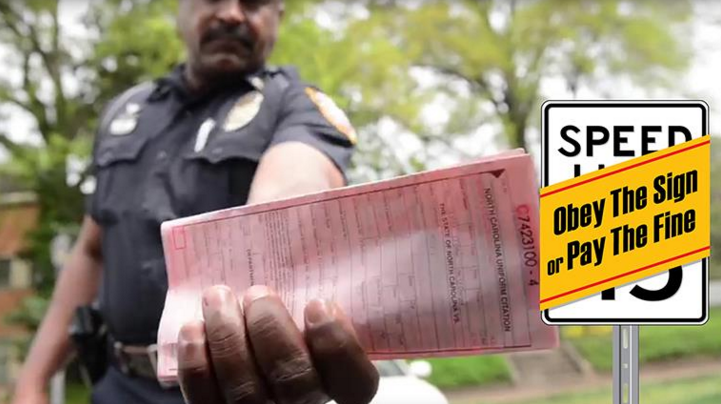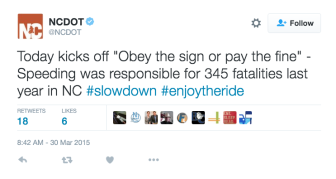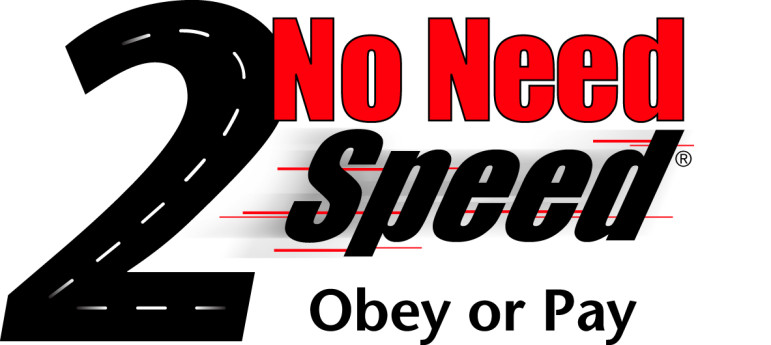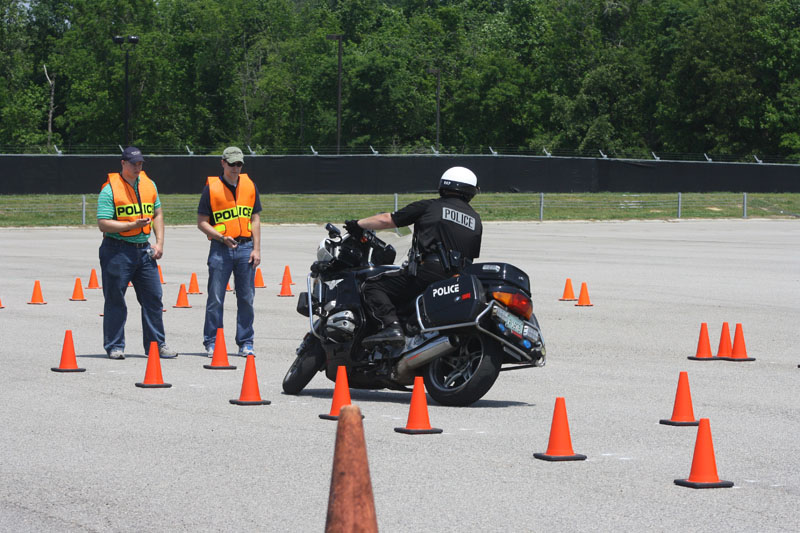It all began with a media advisory.
Issued by the North Carolina Department of Transportation, the advisory was sent out earlier this week to let the press know the first week of its second annual “Obey the Sign or Pay the Fine” campaign would be kicking off March 24, 2016. There’s even going to be an official news conference in Rocky Mount at 11 a.m.
Full disclosure: we did not get a copy of the initial advisory. We received one later after putting in a request.
Here’s how the media reacted to what seemed like a harmless PR announcement:

Click image to see this article from CBS 6
To be fair, aside from making for great clickbait, the claim isn’t entirely unfounded.
Here’s the part of the advisory that got everyone worked up:
“The “Obey the Sign or Pay the Fine” campaign zeros in on drivers traveling over the posted speed limit. Many Americans believe they won’t be ticketed if they drive within a “buffer zone” above the posted speed limit. Law enforcement will be targeting and ticketing speeding drivers at all times. When it comes to speeding: Obey the Sign or Pay the Fine — the posted speed limit IS THE LAW.”
Click here for an image of the original advisory.

The interesting thing about the story above, aside from the fact that it’s from a TV station out of Richmond, Virginia, is that, like almost every other article on the subject, it links back to a piece by Raleigh’s very own ABC 11.
I read the ABC 11 piece and watched the video clip and noticed something: there were no actual sources named for the story, which is unusual. Where had they gotten this from?
One thing to note: media advisories, like the one issued for this are different from press releases in that press releases are written in a “news” format and could essentially be published as-is, whereas the advisories are more of a heads-up.
The press release for this year’s Obey the Sign program won’t even be issued until March 24 at 7 a.m., said Jonathan Bandy, a spokesman for the North Carolina Department of Transportation.
In a brief interview with The Record, Bandy said he had no idea why the story had gotten so big.
“It’s an annual speed enforcement campaign; the National Traffic Safety Administration has us do this every year; it’s nothing new.”
 We were able to mostly verify Bandy’s claim. The Obey the Sign or Pay the Fine program ran from March 30 to April 5 in 2015; mentions of it are still found on the NCDOT’s website and Twitter account.
We were able to mostly verify Bandy’s claim. The Obey the Sign or Pay the Fine program ran from March 30 to April 5 in 2015; mentions of it are still found on the NCDOT’s website and Twitter account.
In fact; there’s specific data available for how many arrests were made and tickets were issued as part of the 2015 campaign.
Wake County in 2015 had a total of 815 checkpoints and patrols and racked up a whopping 8,461 criminal and traffic violations. There were a total of 1,680 speeding tickets issued.
 In 2014, however, it appears the campaign may have run under the “Click it or Ticket” banner.
In 2014, however, it appears the campaign may have run under the “Click it or Ticket” banner.
Here’s why we’re assuming that: it ran at the same time of the year (end of March), and the available stats from the campaign are formatted exactly the same.
One thing to note: in 2014 under Click it or Ticket, there were a total of 494 checkpoints and patrols in Wake County and a total of 4,692 criminal and traffic violations — 766 of which were for “Safety Belt Violations.” A total of 914 speeding tickets were issued.
In 2015, which had nearly double the amount of patrols and total violations, only 235 were Safety Belt Violations.
Did this mean the new name in 2015 inspired more speeding tickets and less seat belt violations? That’s hard to say. From 2007-2013, the program was apparently called “No Need 2 Speed;” in 2013, Wake County had a total of 4,153 violations, and 1,358 of those were speeding tickets. We are unaware at this time whether there is a state law requiring that the names of these speed enforcement programs need to rhyme.

Bandy emphasized that the DOT was committed to reducing traffic fatalities.
“More people die in traffic-related fatalities due to speeding than any other factor; this program is about high visibility so that people know the posted sign is the speed limit in our eyes.”
I asked Bandy whether the program would specifically be targeting people who go five miles or so over the limit.
Keep in mind: an official with the State Department of Transportation certainly isn’t going to tell me, on or off the record, that it’s somehow OK to violate the speed limit as long as you only do it “a little bit.”
Bandy repeated his point that the posted speed limit is the legally required limit, and emphasized that there is no such thing as a “buffer zone.”
“That was part of the messaging,” Bandy said, adding that they hadn’t given the State Highway Patrol or any other law enforcement agencies specific directives related to which speeders those agencies should choose to ticket over the course of the campaign.
A story published this evening by the Greensboro News & Record appears to back up this claim, as a State Trooper told one of their reporters that the concept of a zero-tolerance policy was “crap.”
Bandy later added that “One of the TV stations said the DOT would be issuing tickets to people going one mile over the speed limit; we don’t even issue tickets of course so I have no idea where that could have come from.”
“It’s the same messaging we’ve always used, I don’t know why this blew up.”
It’s obvious to us, at least, why the story blew up: it sounded like a heavy-handed violation of an implicit social contract. I can’t imagine there’s many people who believed “buffer zones” were an actual, legal protection against speeding tickets, and it should be no surprise that the DOT would deny their existence altogether.
Had NCDOT had actually come out and announced, in conjunction with the State Highway Patrol and a string of local police organizations that the “Obey the Sign” program meant they were going to implementing a strict, “zero-tolerance” policy for speeding, then yes, that would’ve been a much better story. But it’s not the case.
Instead, a few news organizations chose to, perhaps, overemphasize, a certain part of a standard press announcement and the story took on a life of its own.
If you think we’re the ones who got it wrong here, please let us know in the comments or by emailing editor@raleighpublicrecord.org. We’ll publish any valid responses.
Note: The Raleigh Public Record is a non-profit newspaper. Although we have a few sponsors, we rely on donations from readers like you to keep the site running. Any amount you’re able to give would be greatly appreciated!
UPDATE: The NCDOT’s official press release about this campaign has been released. You can read it in its entirety here, but we found this quote from Public Safety Secretary Frank L. Perry particularly relevant:
“The NC State Highway Patrol does not intend to change its tactics when it comes to enforcing the speed limit. Our troopers still have reasonable discretion when it comes to enforcing our traffic laws. Earlier reports that we would begin ticketing drivers going one or two miles over the speed limit were based on a misinterpretation of the initiative. Troopers and local law enforcement officers will continue to enforce the speed limit.”

Police will not be targeting people who go one-mile over the speed limit
